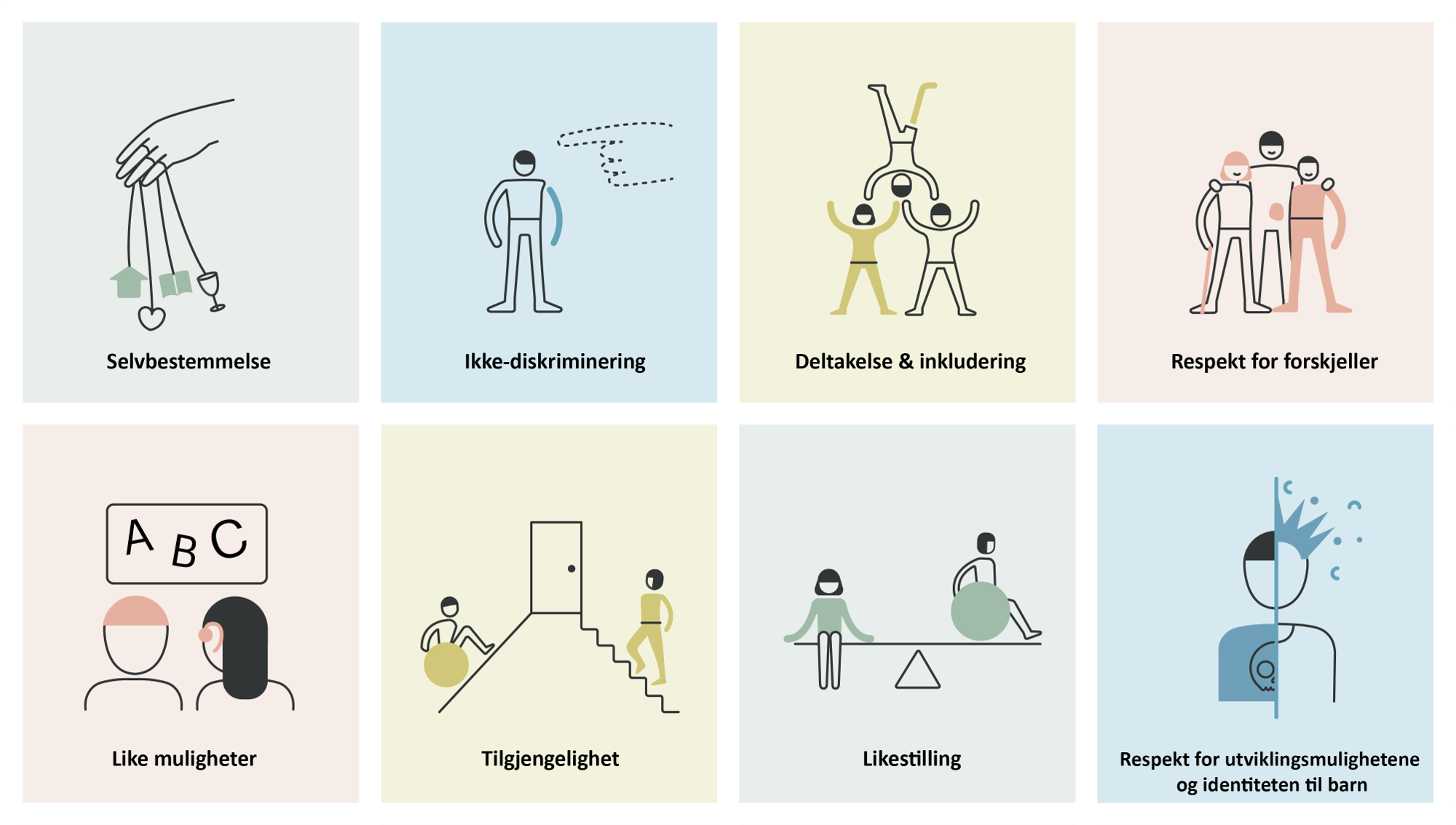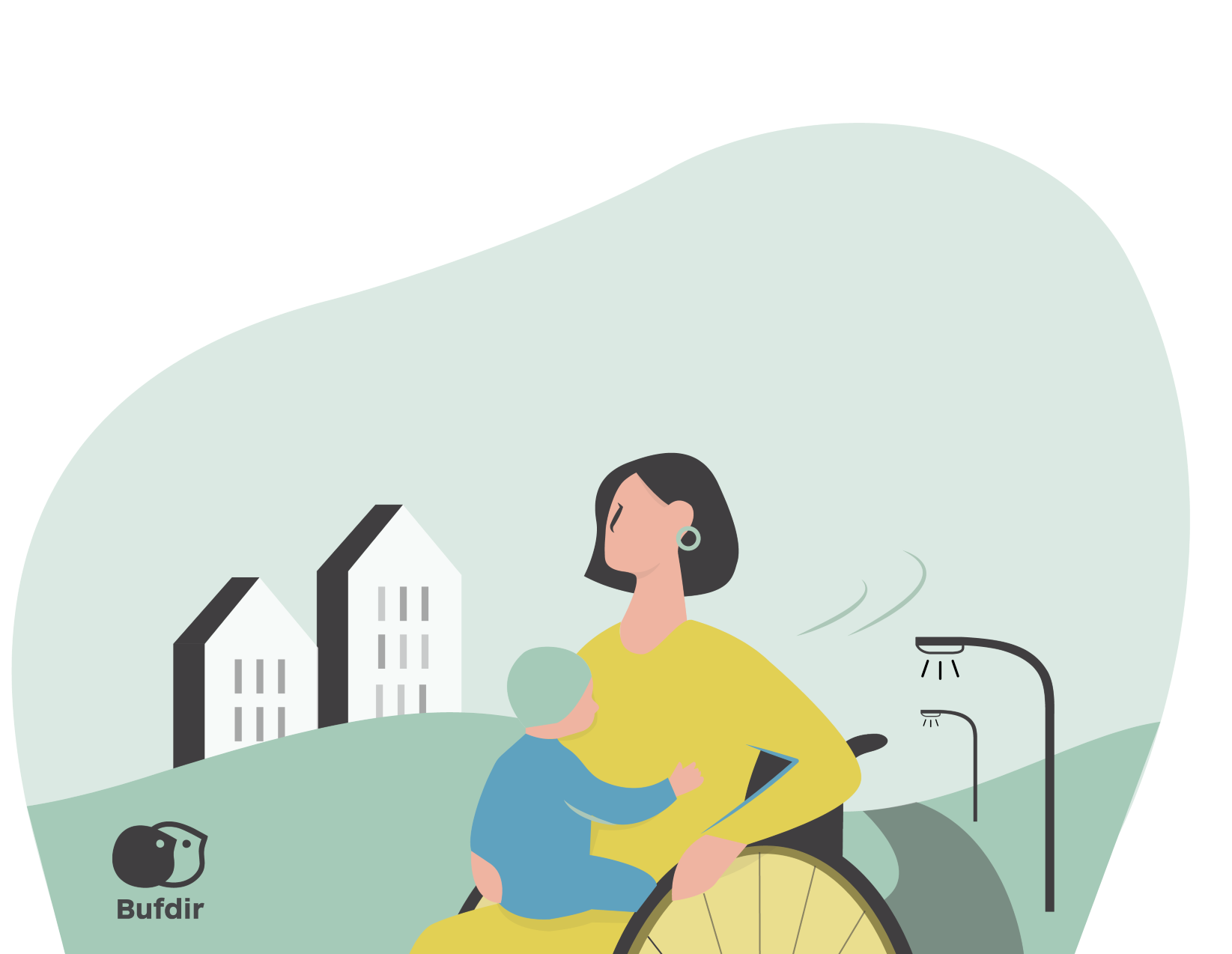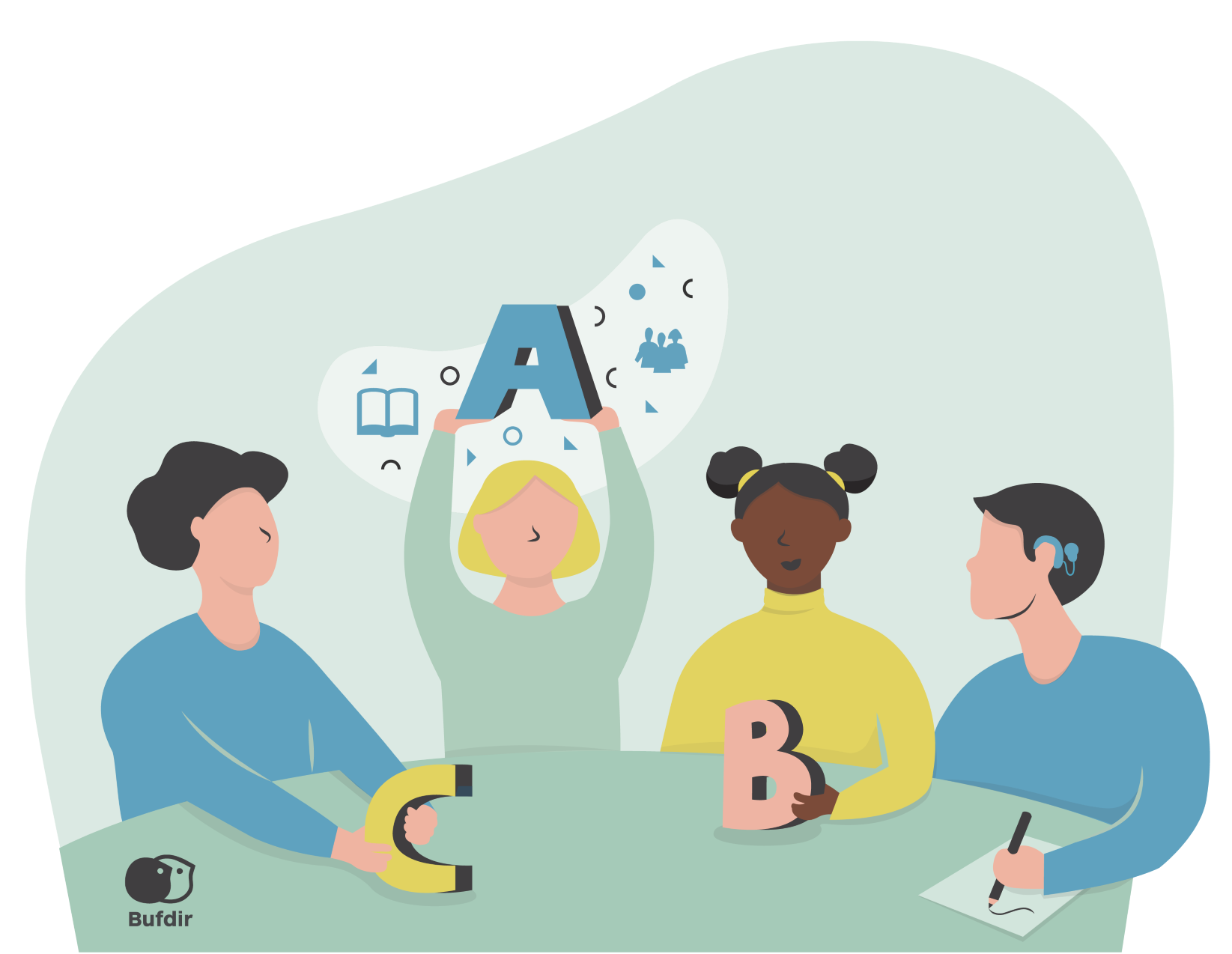Hva er CRPD?
FNs konvensjon om rettighetene til mennesker med nedsatt funksjonsevne (UN Convention on the Rights of Persons with Disabilities - CRPD) ble vedtatt av FNs generalforsamling i 2006 og trådte i kraft i 2008. Konvensjonens hovedmålet er å sikre at personer med funksjonsnedsettelse får oppfylt sine menneskerettigheter. Norske myndigheter har vært forpliktet til å følge konvensjonen siden Norge ratifiserte den i 2013.
Denne veilederen er utabeidet med kommunene som hovedmålgruppe.
Introduksjonsfilm om CRPD
Bakgrunnen for konvensjonen er en erkjennelse av at mennesker med funksjonsnedsettelse ikke får ivaretatt sine menneskerettigheter på lik linje med andre. Det var derfor behov for en egen konvensjon for å sørge for at rettighetene blir gjennomført på en likestilt måte for personer med funksjonsnedsettelse. Konvensjonen skal bidra til å motvirke diskriminering på grunn av funksjonsnedsettelse. Den skal sikre likestilt respekt for gjeldende sivile, politiske, økonomiske, sosiale og kulturelle rettigheter.
Konvensjonen skal fremme respekten for den iboende verdigheten til personer med funksjonsnedsettelse og er et betydelig skritt i retning av et endret syn på funksjonshemming. Konvensjonen har en menneskerettslig forståelse av funksjonshemming, altså at personer med funksjonsnedsettelse ikke som utgangspunkt skal være underlagt andre personers omsorg og formynderi, men være selvstendige og likestilte rettighetsbærere.
Funksjonshemming oppstår som resultat av et samspill mellom forutsetningene hver enkelt har og innretninger, krav fra miljøet rundt. Årsaken til utenforskap og diskriminering ligger for en stor del i hvordan vi har innrettet samfunnet vårt. Derfor er vi forpliktet til både å endre holdninger og virkemidler generelt i samfunnet og å gi hver enkelt person med nedsatt funksjonsevne bistand og støtte. Menneskerettigheter kan aldri begrenses. på grunnlag av funksjonsnedsettelse. Bestemmelsene i konvensjonen pålegger statene å iverksette strukturelle tiltak for å tilrettelegge og endre hvordan omgivelsene innrettes og samtidig støtte de personer som har nedsatt funksjonsevne.
De færreste med arbeid og oppgaver i offentlig sektor går inn for å diskriminere personer med nedsatt funksjonsevne. Men det kan være vanskelig å vite om vi ubevisst begrenser menneskerettighetene på en måte som ikke er i samsvar med konvensjonens krav. En tommelfingerregel for arbeidet med å gjennomføre konvensjonen – både generelt og i enkeltsaker – er å spørre deg selv om du hadde akseptert samme situasjon hvis det gjaldt deg selv. Tenk også over om du ville godtatt samme betingelser for andre personer uten funksjonsnedsettelser. Dersom svaret er nei, kan det tyde på at her er det noe som ikke er som det skal. I så fall må tiltak iverksettes for å oppfylle de kravene konvensjonen setter til utøvelse av offentlig virksomhet.
Kilder:
- FN-konvensjonen om rettighetene til mennesker med nedsatt funksjonsevne (CRPD)
- Skarstad, Kjersti (2019) Funksjonshemmedes menneskerettigheter. Fra prinsipper til praksis. Universitetsforlaget
 Konvensjonen gir uttrykk for åtte sentrale prinsipper, som også er nærmere omtalt nedenfor. Rettighetene for den enkelte og pliktene for offentlige myndigheter er nærmere regulert i ulike bestemmelser i artiklene 4 til og med 32. En kan si at disse bestemmelsene operasjonaliserer prinsippene i form av mer spesifikke krav.
Konvensjonen gir uttrykk for åtte sentrale prinsipper, som også er nærmere omtalt nedenfor. Rettighetene for den enkelte og pliktene for offentlige myndigheter er nærmere regulert i ulike bestemmelser i artiklene 4 til og med 32. En kan si at disse bestemmelsene operasjonaliserer prinsippene i form av mer spesifikke krav.
